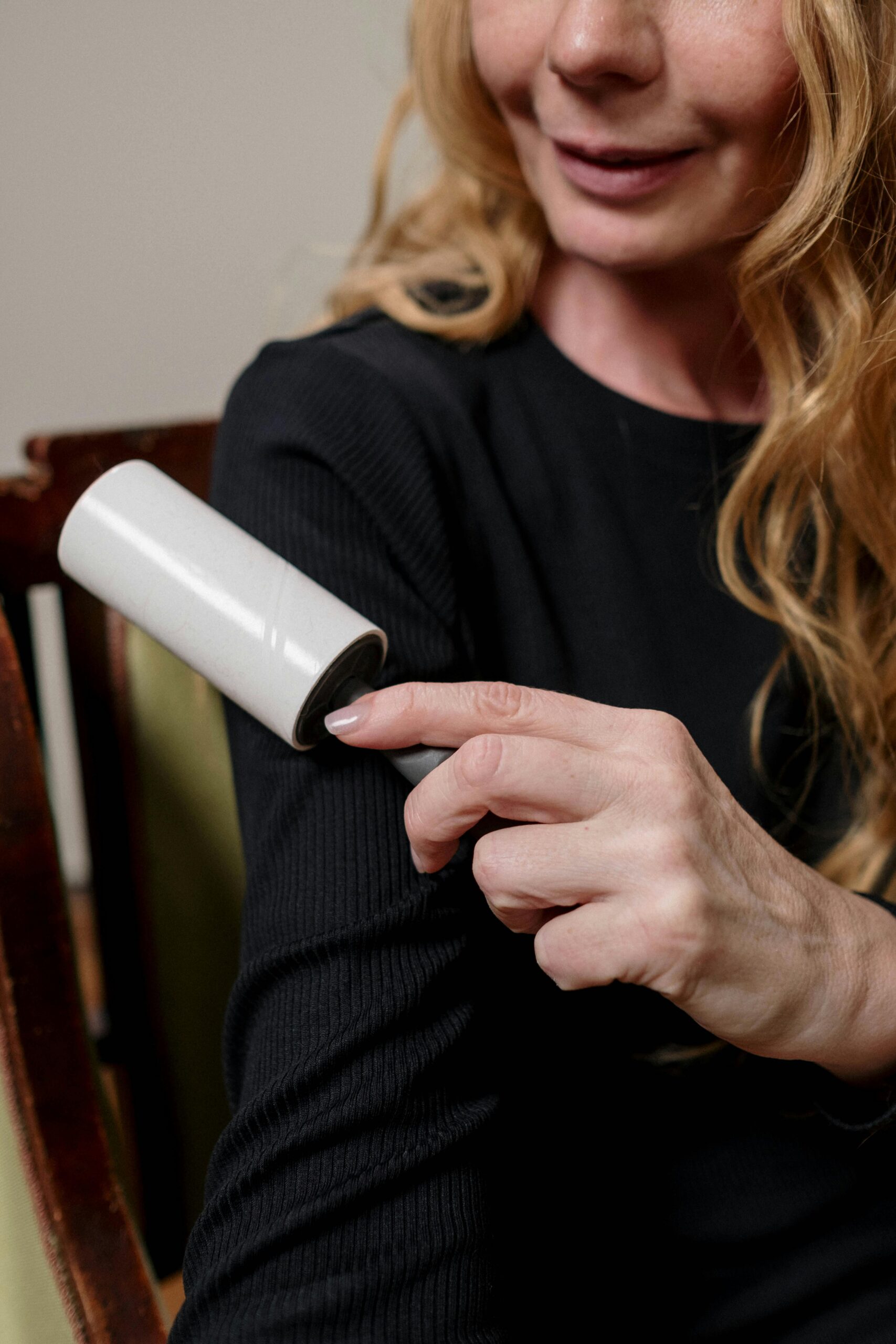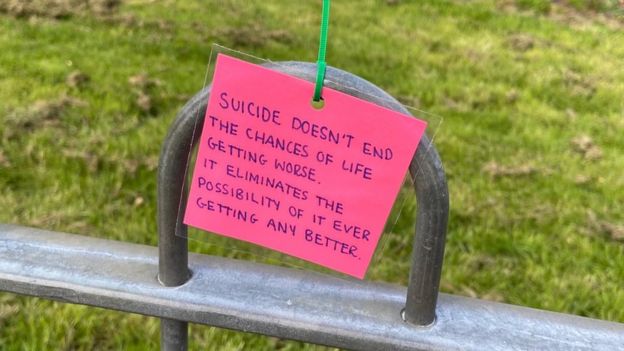 James Donaldson notes: I am turning more and more of my time and efforts towards mental health issues, especially pertaining to our young people and student-athletes.
James Donaldson notes: I am turning more and more of my time and efforts towards mental health issues, especially pertaining to our young people and student-athletes.
Having gone through a recent bout of depression and suicidal thoughts myself, I realize now, that I can make a huge difference in the lives of so many by sharing my story, and by sharing various resources I come across as I work in this space. http://bit.ly/JamesMentalHealthArticle
The Silent Tragedy Affecting Today’s Children
There is a silent tragedy developing right now, in our homes, and it concerns our most precious jewels — our children. Through my work with hundreds of children and families as an occupational therapist, I have witnessed this tragedy unfolding right in front of my eyes. Our children are in a devastating emotional state! Talk to teachers and professionals who have been working in the field for the last 15 years. You will hear concerns similar to mine. Moreover, in the past 15 years, researchers have been releasing alarming statistics on a sharp and steady increase in kids’ mental illness, which is now reaching epidemic proportions:
- 1 in 5 children has mental health problems
- 43% increase in ADHD
- 37% increase in teen depression
- 100% increase in the suicide rate in kids 10-14 years old
How much more evidence do we need before we wake up?
No, “increased diagnostics alone” is not the answer!
No, “they all are just born like this” is not the answer!
No, “it is all the school system’s fault” is not the answer!
Yes, as painful as it can be to admit, in many cases, WE, parents, are the answer to many of our kids’ struggles!
It is scientifically proven that the brain has the capacity to rewire itself through the environment. Unfortunately, with the environment and parenting styles that we are providing to our children, we are rewiring their brains in a wrong direction and contributing to their challenges in everyday life.
Yes, there are and always have been children who are born with disabilities and despite their parents’ best efforts to provide them with a well-balanced environment and parenting, their children continue to struggle. These are NOT the children I am talking about here.
I am talking about many others whose challenges are greatly shaped by the environmental factors that parents, with their greatest intentions, provide to their children. As I have seen in my practice, the moment parents change their perspective on parenting, these children change.
What is wrong?
Today’s children are being deprived of the fundamentals of a healthy childhood, such as:
- Emotionally available parents
- Clearly defined limits and guidance
- Responsibilities
- Balanced nutrition and adequate sleep
- Movement and outdoors
- Creative play, social interaction, opportunities for unstructured times and boredom
Instead, children are being served with:
- Digitally distracted parents
- Indulgent parents who let kids “Rule the world”
- The sense of entitlement rather than responsibility
- Inadequate sleep and unbalanced nutrition
- Sedentary indoor lifestyle
- Endless stimulation, technological babysitters, instant gratification, and absence of dull moments
Could anyone imagine that it is possible to raise a healthy generation in such an unhealthy environment? Of course not! There are no shortcuts to parenting, and we can’t trick human nature. As we see, the outcomes are devastating. Our children pay for the loss of a well-balanced childhood with their emotional well-being.
How to fix it?
If we want our children to grow into happy and healthy individuals, we have to wake up and go back to the basics. It is still possible! I know this because hundreds of my clients see positive changes in their kids’ emotional state within weeks (and in some cases, even days) of implementing these recommendations:
- Set limits and remember that you are your child’s PARENT, not a friend. Offer kids a well-balanced lifestyle filled with what kids NEED, not just what they WANT. Don’t be afraid to say “No!” to your kids if what they want is not what they need.
- Provide nutritious food and limits snacks.
- Spend one hour a day in green space: biking, hiking, fishing, watching birds/insects
- Have a daily technology-free family dinner.
- Play one board game a day. (List of family games)
- Involve your child in one chorea day (folding laundry, tidying up toys, hanging clothes, unpacking groceries, setting the table etc)
- Implement consistent sleep routine to ensure that your child gets lots of sleep in a technology-free bedroom
- Teach responsibility and independence. Don’t over-protect them from small failures. It trains them the skills needed to overcome greater life’s challenges:
- Don’t pack your child’s backpack, don’t carry her backpack, don’t bring to school his forgotten lunch box/agenda, and don’t peel a banana for a 5-year-old child. Teach them the skills rather than do it for them.
- Teach delayed gratification and provide opportunities for “boredom” as boredom is the time when creativity awakens:
- Don’t feel responsible for being your child’s entertainment crew.
- Do not use technology as a cure for boredom.
- Avoid using technology during meals, in cars, restaurants, malls. Use these moments as opportunities to train their brains to function under “boredom”
- Help them create a “boredom first aid kit” with activity ideas for “I am bored” times.
- Be emotionally available to connect with kids and teach them self-regulation and social skills:
- Turn off your phones until kids are in bed to avoid digital distraction.
- Become your child’s emotional coach. Teach them to recognize and deal with frustration and anger.
- Teach greeting, turn taking, sharing, empathy, table manners, conversation skills,
- Connect emotionally – Smile, hug, kiss, tickle, read, dance, jump, or crawl with your child.
We must make changes in our kids’ lives before this entire generation of children will be medicated! It is not too late yet, but soon it will be… -Victoria Prooday
**This story was written by Victoria Prooday, a registered Occupational Therapist, Psychotherapist, founder and clinical director of a multidisciplinary clinic for children and parents. It originally appeared on her website.



